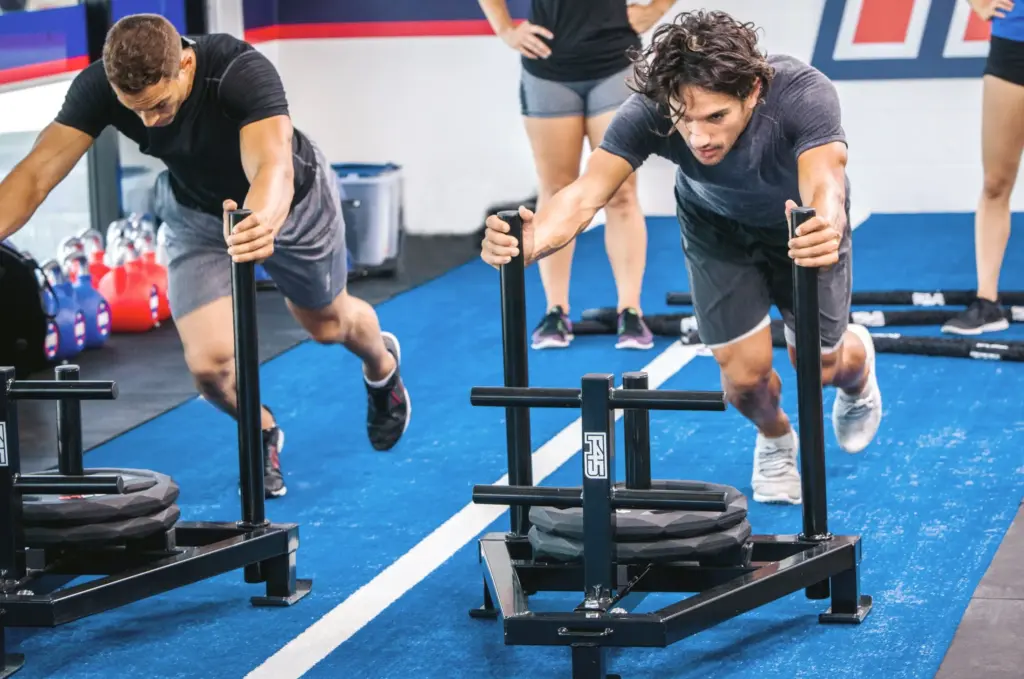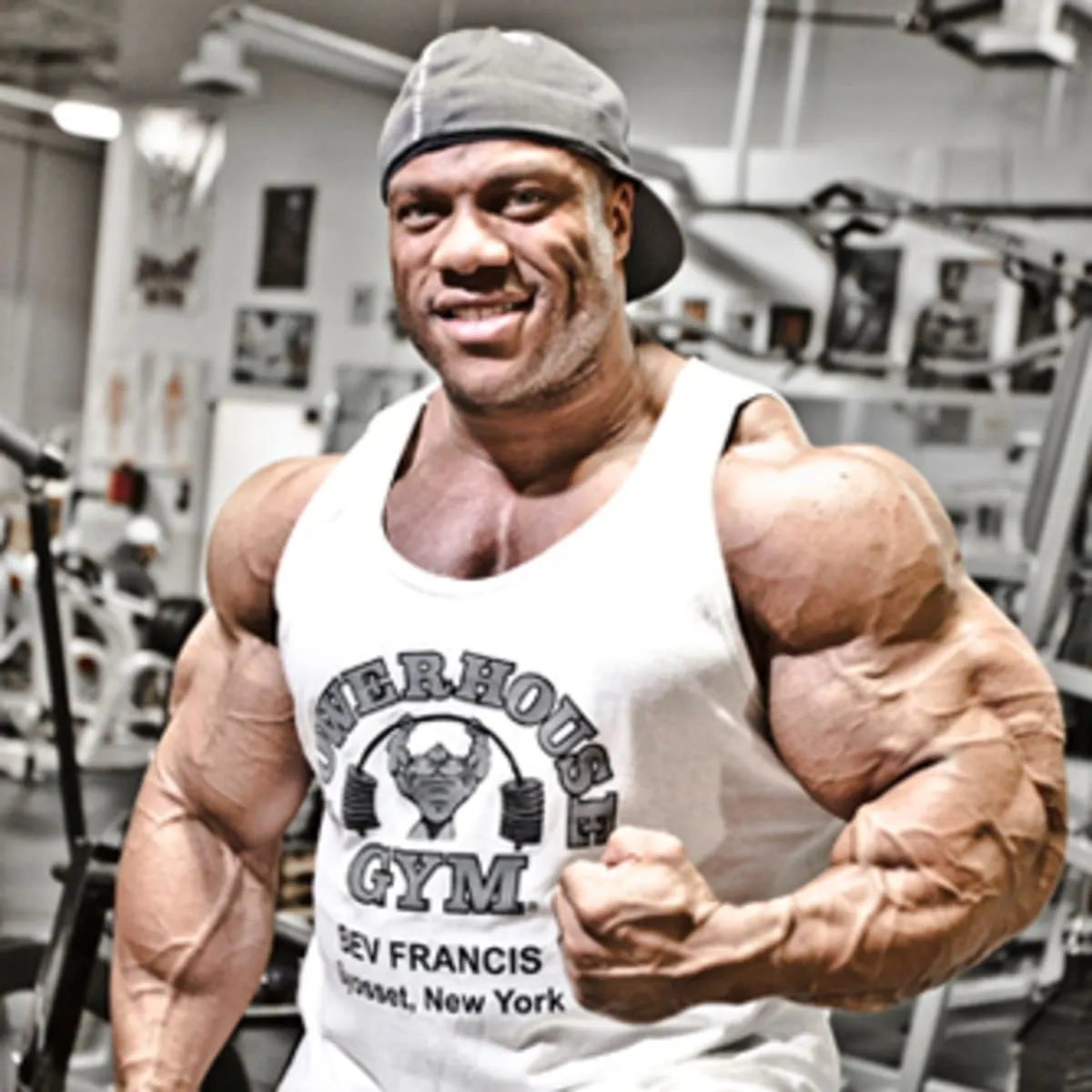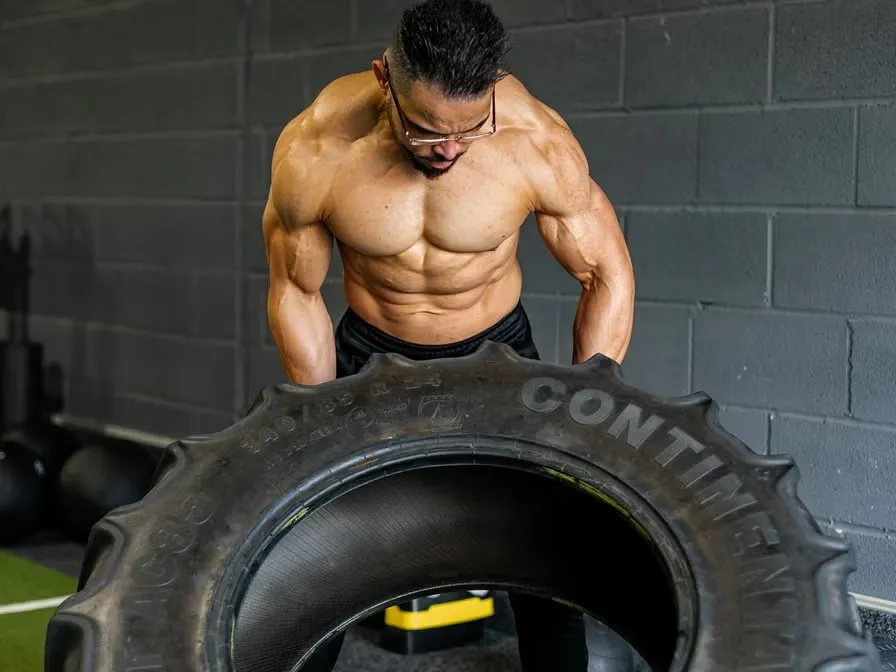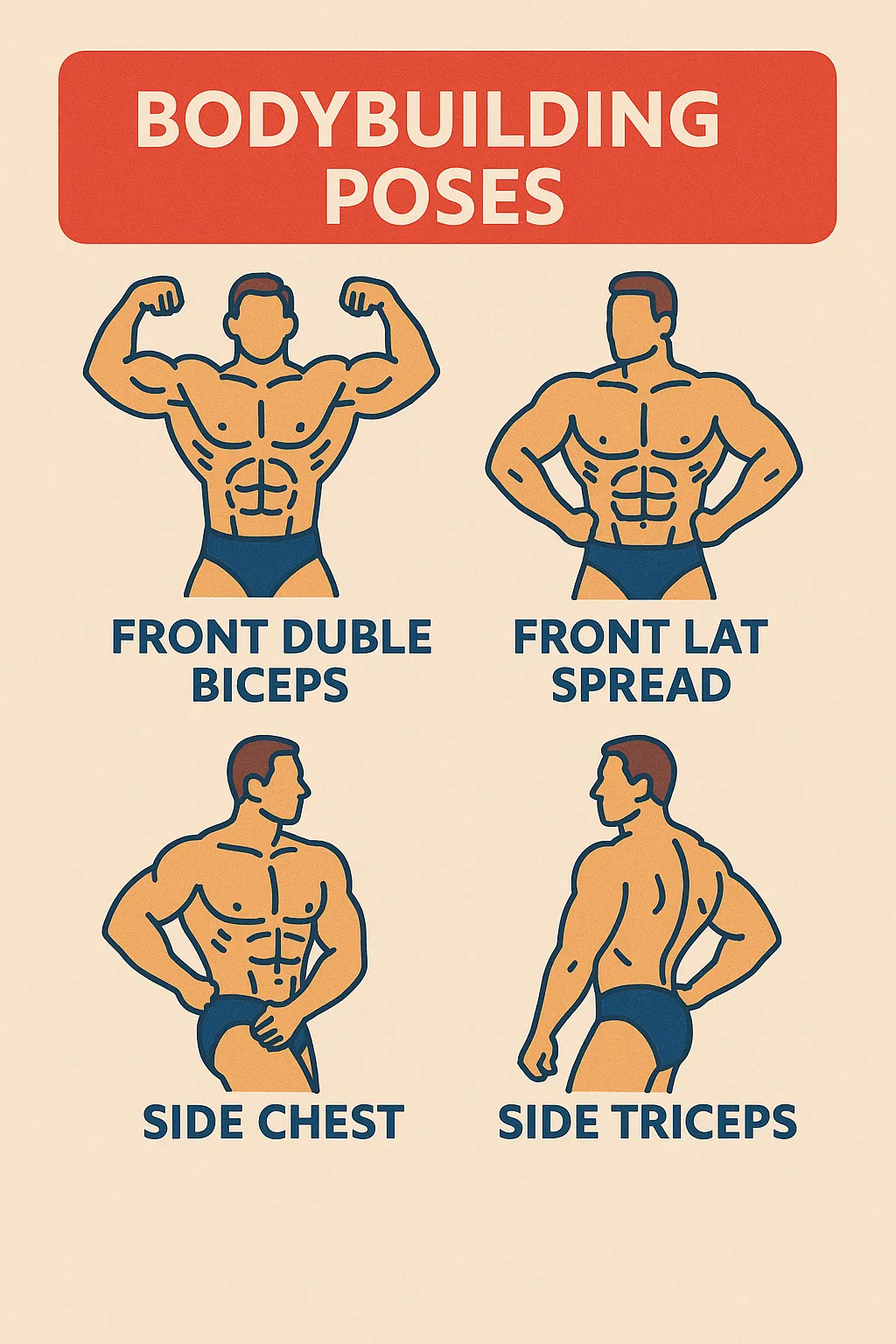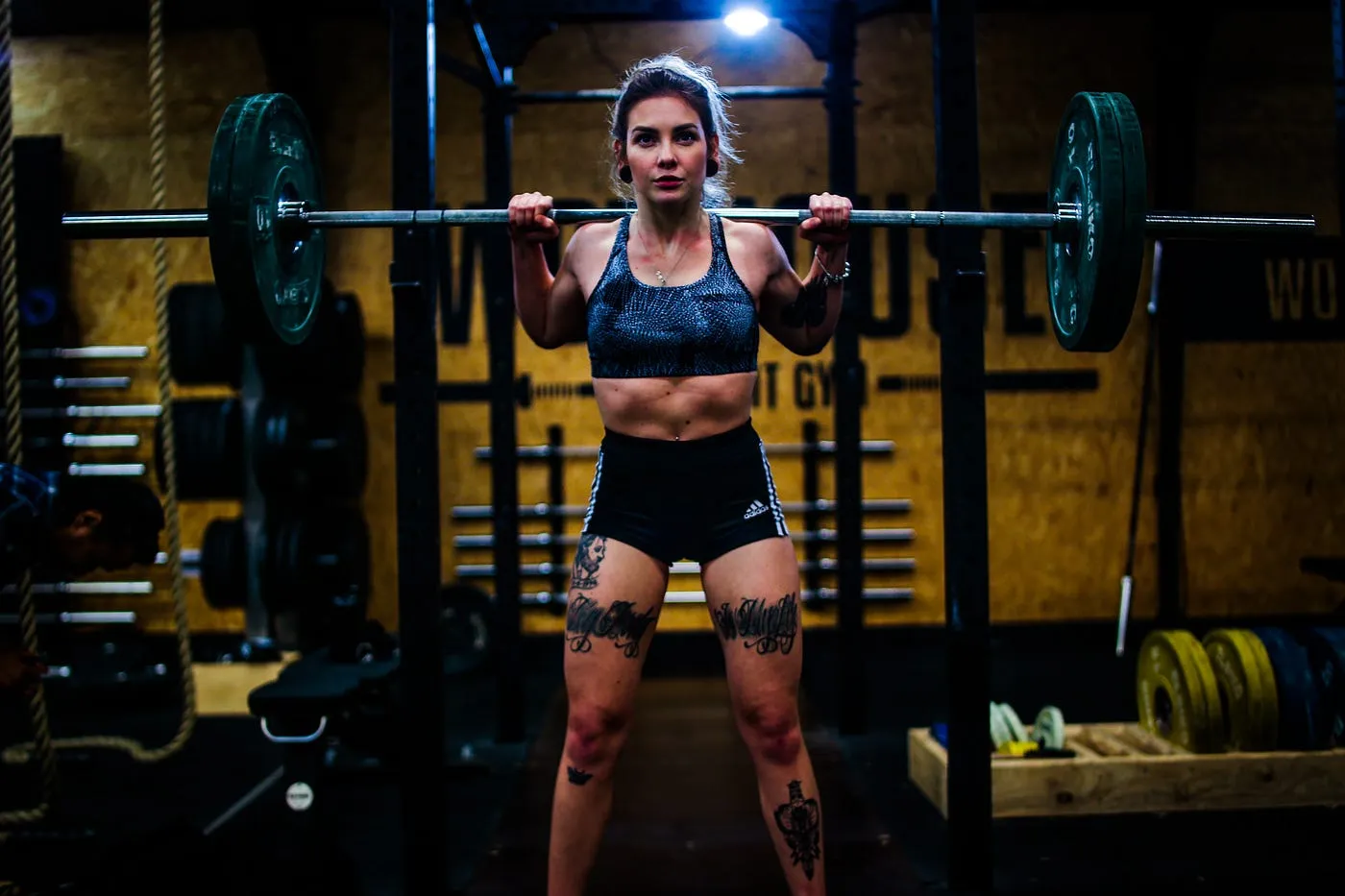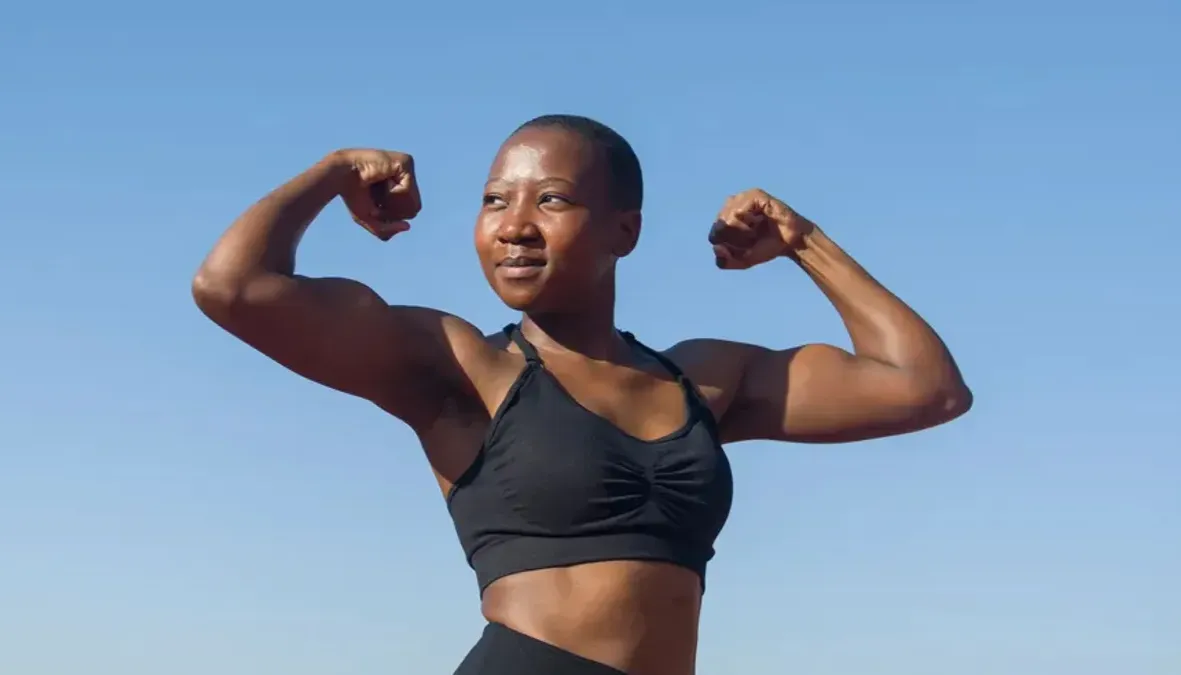When it comes to fitness, one of the most frequently asked question is “Should I lose weight before building muscle?” Sometimes the answers appear to clash. But here’s the thing: the answer differs from person to person.

Finally, the best pick is determined by your exercise goals, present body composition, and desired results in the gym. Stay tuned for expert insights that will help you determine the right strategy for you. As always, contact your doctor before beginning any diet or exercise plan to confirm it is appropriate for you.
Losing Weight Before Gaining Muscle
In certain cases, decreasing weight before getting serious in the weight room may be beneficial. Losing weight may be a larger priority if you have a lot of it to shed.
If you have obesity, evidence shows that losing just 5% of your body weight can lead to health benefits such as lower cholesterol, lower blood pressure, and improved insulin sensitivity. That means even small weight loss can have big health rewards.
If you’re not currently exercising, there is a benefit to decreasing weight before growing muscle. This method has the potential to reduce joint tension, though it also comes with some risks.
Pros
• More energy: Dropping extra weight feels like taking off a heavy backpack—you feel lighter and more energised, which helps your workouts.
• Less joint pressure: Carrying less body fat puts less stress on your joints, which can improve comfort and lower injury risk.
Cons
• Muscle loss risk: Severely cutting calories can lead to muscle breakdown.
• Slowed metabolism: Extreme calorie restriction can lower your basal metabolic rate (BMR), meaning you burn fewer calories even at rest.
Gaining Muscle Before Losing Weight
Starting with muscle-building means focusing on strength and muscle mass first, not the scale. This route might be helpful if you’re not obese but have a higher body fat percentage and less muscle mass.
This body type is known as Normal Weight Obesity (NWO), where someone has a “normal” weight but high body fat and low lean mass. If this sounds like you, building muscle and improving body composition could lower the risks linked to NWO, such as heart disease and metabolic syndrome.
Pros
• Faster metabolism: More muscle increases both BMR and resting metabolic rate—you burn more calories even when you’re not moving.
• Higher self-esteem: One study found that just four weeks of resistance training significantly improved the mental health of obese adolescents, boosting their confidence and feelings of strength.
Cons
• Slower visual progress: If you carry more fat, changes in muscle tone might not be noticeable right away.
• Scale fluctuations: You may gain overall weight while adding muscle, which could feel discouraging if your goal is to weigh less. Just remember that even if your goal is to gain muscle, diet matters.
“Protein and carbohydrates are essential for optimal muscle gain. Protein intakes of roughly 1.6g per kilogram of body weight have been found to promote more muscle gain, while enough carbohydrate consumption is crucial for exercise intensity,” says Stephanie Nelson, RD.
Can You Lose Fat and Build Muscle at the Same Time?
Yes, it’s possible, and it’s called body recomposition. This means building a balanced training and eating plan to achieve both goals at once.
Stephanie Nelson, MyFitnessPal’s chief nutrition scientist, explains:
“Body recomposition is a great goal because it requires sustainable weight loss and a balanced diet to achieve.”
Key Tips for Body Recomposition
• Caloric control: Monitor your intake. Too little leads to muscle loss. Too much stalls fat loss.
• Balanced exercise: Combine both resistance and endurance training to preserve muscle during fat loss.
• Protein intake: High protein supports muscle recovery and growth.
• Don’t obsess over the scale: Track your body composition and how you feel, not just weight.
An Expert Opinion: Fat Loss vs. Muscle Gain
Stephanie Nelson, MS, RD, is MyFitnessPal’s head nutrition scientist. Here’s her take on the subject:
“Regardless of your weight or health objectives, I recommend that you prioritise preserving the muscle you have. That just happens to require the same behaviours that lead to achieving and maintaining a healthy weight.”
This includes:
Eating enough high-quality protein
Doing regular resistance training
Both are smart choices—no matter if you’re focused on weight loss or just staying healthy.
So, What’s the Final Answer?
Whether you should lose weight while building or maintaining muscle depends on your personal health needs and fitness goals.
With the right strategy, you can maintain or even build muscle while losing fat, as long as your weight loss is slow and steady. Fast, extreme diets usually backfire and reduce muscle mass.
Bottom Line: Make the Best Decision for Your Goals
No matter your choice, losing fat first or building muscle first—these general guidelines will help you maintain or grow muscle while managing your weight:
• Aim for a maximum 500-calorie daily deficit to protect muscle during weight loss.
• Eat enough protein:
1.2–1.5g/kg if you’re obese
1.4–2g/kg if you’re not obese
• Lift weights two to three times per week
These small adjustments make a huge difference in making sure your weight loss doesn’t come at the cost of your hard-earned muscle.

